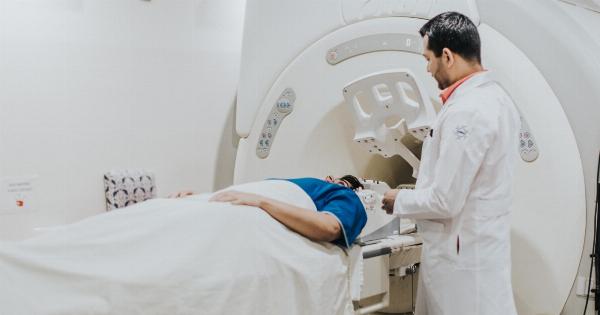Have you ever wondered why some people are more prone to anxiety than others? While environmental factors such as stress and trauma can contribute to anxiety, research has also shown that genetics play a significant role.
In this article, we will explore the genetic component of anxiety and its implications for diagnosis and treatment.
The Genetics of Anxiety
Studies have shown that anxiety disorders tend to run in families. In fact, the risk of developing an anxiety disorder is about 30-40% higher if you have a family member who has also been diagnosed with one.
This suggests that there is a genetic component to anxiety, but identifying specific genes that contribute to anxiety has proven to be a complex task.
Anxiety is a complex disorder that can be influenced by multiple genes, as well as environmental factors.
Researchers have identified several genes that may play a role in anxiety. For example, the gene for the serotonin transporter, which regulates the levels of the neurotransmitter serotonin in the brain, has been linked to anxiety disorders.
Variations in this gene may affect how the brain responds to stress. Another gene, called COMT, has been associated with anxiety and the way the brain processes emotions. Research has also linked certain variations in genes related to the HPA axis, which controls the body’s stress response, to anxiety disorders.
Implications for Diagnosis
The genetic component of anxiety has significant implications for diagnosis. While there are no genetic tests available for anxiety disorders, family history can be an important factor in diagnosing the disorder.
If you have a family member with an anxiety disorder, you may be at a higher risk for developing one yourself, and it may be important to be aware of this risk when monitoring your mental health.
Additionally, genetic research may contribute to better diagnosis and treatment of anxiety disorders in the future.
By identifying specific genetic markers associated with anxiety, doctors may be able to screen individuals for their risk of developing the disorder, and tailor treatments based on an individual’s genetic profile.
Implications for Treatment
The genetic component of anxiety also has implications for treatment.
While environmental factors such as therapy and medication can be effective in treating anxiety, understanding the genetic basis of the disorder may lead to more personalized treatment options.
For example, research has shown that certain variations in the gene that codes for the serotonin transporter may affect how individuals respond to certain medications for anxiety.
Individuals with certain variations may be more responsive to certain types of medication, while others may not respond as well. Understanding an individual’s genetic profile may help doctors tailor treatments to be more effective in treating their specific symptoms.
Conclusion
The genetic component of anxiety is a complex and fascinating area of research.
While there is still much to be learned about the genetic basis of anxiety disorders, we know that genetics play an important role in the disorder, and may provide important clues for diagnosis and treatment. The more we understand about the genetic component of anxiety, the better equipped we will be to help individuals struggling with this common and debilitating disorder.




























